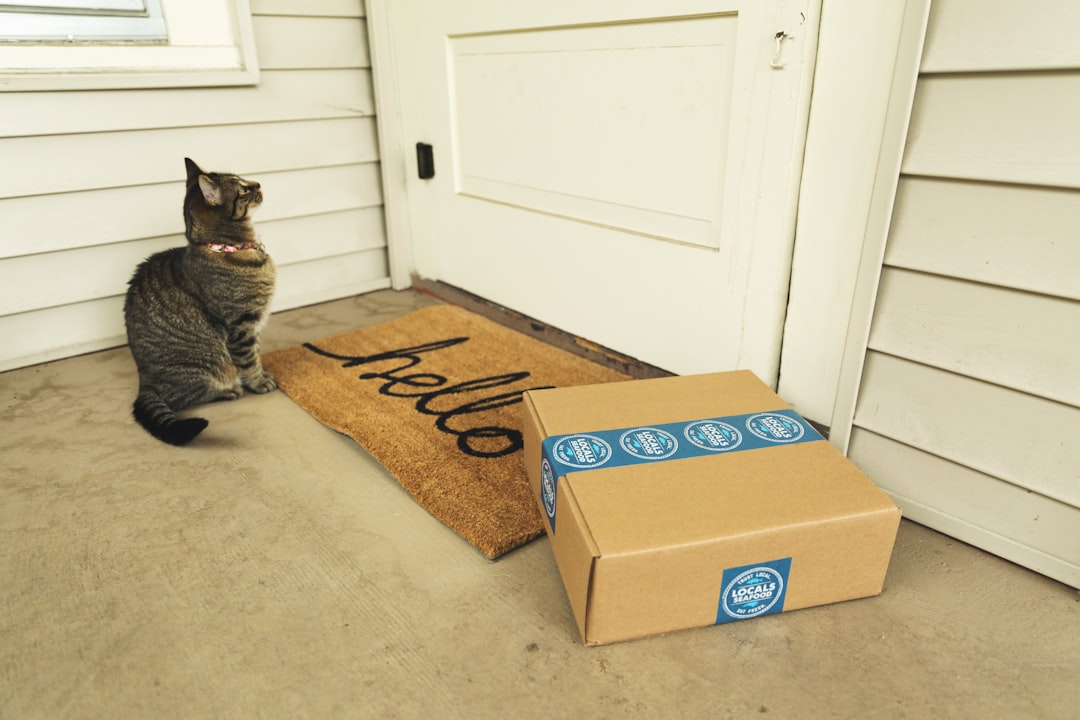"Give us this day our daily bread."
— Matthew 6:11
While it’s common to call ours an information age, it is also a delivery age.
With the advent of Amazon, little brown boxes stamped with curved arrows are now ubiquitous on front porches all across America.
People still visit brick-and-mortar stores, but online shopping has virtually exploded in the past decade.
The trend has made its way to food delivery, too.
However, if some online retailers can promise next-day delivery, companies like Door Dash have them beat with same-day service.
And you can order just about anything. Home delivery is not just for pizza anymore.
In fact, Jesus speaks of something similar in Matthew 6:11.
In teaching us how to pray, he exhorts us to contact our Sovereign Abba, Father, for our daily needs. He calls them "bread."
"Give us this day our daily bread."
In the ancient context of Jesus' earthly ministry, bread was a staple representing the most basic necessity for sustaining life.
With this prayer, the word "give" is a confession of our utter dependency upon the Lord to provide what we need, from literal food to the sustaining and enabling grace of the Spirit to help us see the incarnate bread of life, Jesus.
Since "bread" is given, it is grace. Whether the saving grace we have in Christ or the sweetness of an apple with morning oatmeal.
Simply put, if the Father doesn't give it, we don't get it.
So, we are called to be mindful of our need to live by grace—every day.
This day. Or as Jesus says, "Daily."
Thankfully, everything we need is ready to be provided.
As Jeremiah says in Lamentations 3:22-23, even in the midst of Jerusalem’s destruction by the Babylonians in 587 B.C., "The steadfast love of the Lord never ceases; his mercies never come to an end; they are new every morning; great is your faithfulness."
What a statement: “His mercies never come to an end; they are new every morning!”
It’s this backdrop of a Father ready to receive his sons and daughters that we remember how free and complete our access is. As the author of Hebrews writes.
14 Since then we have a great high priest who has passed through the heavens, Jesus, the Son of God, let us hold fast our confession. 15 For we do not have a high priest who is unable to sympathize with our weaknesses, but one who in every respect has been tempted as we are, yet without sin. 16 Let us then with confidence draw near to the throne of grace, that we may receive mercy and find grace to help in time of need (Hebrews 4:14-16).
Notice, this is not a request for some help but a plea for the provision only God ultimately can provide.
If we need it, we get it. If we don't actually need something for which we ask, we can know that in the Father's wisdom, we either didn't need it that day or we don’t need it at all.
In Luke 7:8-11, Jesus says,
8 For everyone who asks receives, and the one who seeks finds, and to the one who knocks it will be opened. 9 Or which one of you, if his son asks him for bread, will give him a stone? 10 Or if he asks for a fish, will give him a serpent? 11 If you then, who are evil, know how to give good gifts to your children, how much more will your Father who is in heaven give good things to those who ask him!
In the same way, however, if a child of God asks for something not only not necessary but potentially harmful, the Father, in his goodness will withhold such a “gift.”
Regardless of what we do receive or don’t, we ask. We draw near, knowing that the one thing we will receive is the grace and mercy to sustain our positional status of justified, regardless of how far we feel we’ve fallen.
The shed blood of Jesus is the daily bread we need. Even more than a fresh loaf of sourdough.
And we hold fast our confession, that with Jesus as our crucified, risen, and reigning Savior-King, we are fully forgiven, perfectly accepted, and dearly loved sons and daughters.
Discussion Questions
What does it mean to ask God for "daily bread"?
How does this prayer challenge the notion of self-sufficiency in our culture?
What are some practical ways to live in a mindset of dependency on God's provision?
Why is it important to remember that even the basic necessities of life are gifts of grace from God?
How does this prayer help us cultivate a sense of gratitude for God's provision?
How does the cross encourage us to ask for any needs we may have?
How does the concept of daily bread help us trust in God's faithfulness and provision for each day?
A Prayer
Gracious Father,
We thank you for your abundant provision and for your steadfast love that never ceases. Help us to recognize our dependence upon you for everything we need, both physical and spiritual. May we approach you with a humble and grateful heart, trusting that you will provide for us each day. We confess that we are prone to self-sufficiency and forgetfulness of your goodness, so please remind us of our need for daily grace. As we ask for our daily bread, we also pray for wisdom to discern what is truly necessary and beneficial for our lives. We thank you for the gift of your Son, who is the bread of life and who sustains us with his grace and mercy. We hold fast to our confession that in Christ, we are forgiven, accepted, and loved. May we live each day with the confidence that comes from knowing that you will provide all that we need.
In Jesus' name, we pray. Amen.


